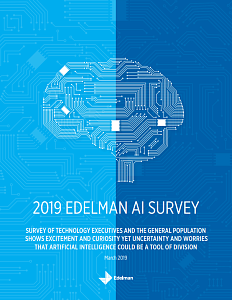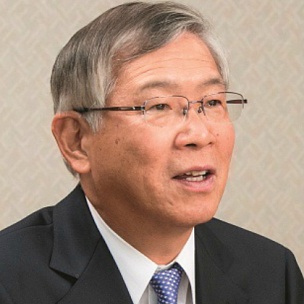The information which is entered into the distributed ledger database cannot be changed, and the system created on the platform cannot be hacked. So, transactions are cheaper, simpler and, consequently, quicker.
1 billion dollars investment in blockchain startup projects in 2017 (a rise of 50% compared with 2016)
Blockchain is still not widely used at a state level, and most commonly only in pilot projects. Take the UAE, for example, which intends to make Dubai the world capital of blockchain. Georgia and Estonia are trying to introduce this technology. Large countries are still very cautious, they are worried about drawing attention to cryptocurrencies and mining. Of course, political will is also necessary. For example, if you issue a digital rouble using blockchain technology, then every aspect of finance will be implicated, and it will be possible to see the full lifecycle of public money in real time.
For a state and its citizens, the introduction of blockchain technology significantly raises the quality of government services and the performance of government entities. Firstly, by reducing human intervention the provision of public services will be faster. Secondly, blockchain is a system which enables the processing and storage of data on a decentralized public network. This saves money because there is no need to buy, implement, and support centralized IT infrastructure. The role of the state will be to establish ground rules, while automated technology will become a tool through which people will be able to collaborate.
How long will it be before we see large-scale implementation of blockchain? It will be at least five years, in my opinion, and perhaps even longer, before we see large-scale implementation of blockchain. The development of the technology is at an early stage. That said, few people are aware that blockchain is a distributed ledger technology, and that cryptocurrencies represent just one of many examples of its implementation. However, I believe that the financial sector will be one of the first areas in which the significant impact of blockchain technology will be felt. Cross-border transfers and attracting investment will be simpler. Blockchain makes it possible to automate and speed up activities without unnecessary fees. I think it will also greatly impact the development and creation of ledgers, and the simplification of personal identification procedures.
25 million Bitcoin wallets with a non-zero balance today. Generating a single Bitcoin address without a balance simply requires a quick calculation
When I want to transfer money abroad, banks often turn a simple transaction into a difficult and tedious process which does not even always end with a good result. Moreover, when sanctions are imposed, restrictions become a means of applying pressure. Blockchain allows us to make the distribution of wealth more equitable, enable equal access to information, and attract capital, all at the same time. At a time when everyone is fed up with so-called middlemen, here is a tool which enables us to minimize their role. In addition, anything can be tokenized in order to attract finance, including real assets, business, knowledge, information, skills, and even a dream.
The only thing is that the ICO market itself is still small. It is difficult to raise one or two billion dollars by this method, but raising several tens of millions is a common occurrence. Blockchain could also be the perfect remedy for restrictions on cross-border payments. Work on a SWIFT counterpart has already begun.
A wider application of blockchain would ensure the stability of cryptocurrencies. Over the next few years, even more ‘cryptos’ will enter our economy. As a result, if an industry’s profitability is 10% today, and the volatility of Bitcoin is, say, 1000%, then, sooner or later, the volatility of cryptocurrencies will decrease along with a corresponding decrease in profitability. Right now I keep 10% of my savings in cryptocurrencies.
Three facts about Vladislav Martynov
1. Our expert, Vladislav Martynov, an entrepreneur, investor, and the head of Ethereum’s competence centre, has 25 years of experience in advanced technologies in the Russian and international markets.
2. Since he first began working with Ethereum founder Vitalik Buterin, Martynov has believed that blockchain is a breakthrough technology.
3. Today, Ethereum is a global platform. It has more than 10,000 programmers and is growing steadily. Martynov believes that blockchain is a breakthrough technology. He is introducing it to everyday life not only through Ether, the second largest cryptocurrency by capitalization after Bitcoin, but also through his investment fund, which finances online startups.
Source: SPIEF-2018 Official Magazine






